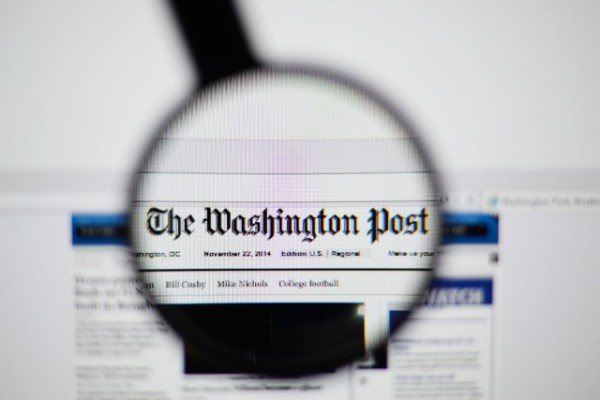
Heightened awareness about online security means that more and more websites are using encryption to boost privacy and security. A few weeks after Wikimedia announced it was using HTTPS to encrypt traffic to its site, The Washington Post has followed suit.
It's a move designed to stop snooping on readers' browsing habits. The news outlet explains that it will make it "more difficult for hackers, government agencies and others to track the reading habits". For those concerned about privacy, this will come a good news, but there's a catch; encryption does not apply to the entire site.
To start with, the new security measure only apply to the site's homepage, the national security pages, and the technology policy blog. The rest of the site has not been forgotten; site-wide encryption will roll out in the coming months, although no precise timeframe has been announced. The move to encrypted sites is common in certain areas -- banking, email, shopping, for example -- but, as the Post points out, mainstream news sites have been slow to make the switch.
Writing about the introduction of encryption, the Post's Andrea Peterson says:
Although some smaller online-only outlets, including the Intercept and TechDirt, use https technology by default, The Post is the first major general news organization to roll out the added security measures to all of its readers.
As well as keeping reading habits private, encryption also makes it more difficult for sites to be censored around the world. The site is expecting a slight drop in advertising revenue as a result of the move, as the site will require all advertisers to be secure. The Washington Post's chief digital architect Greg Franczyk said: "Every third party we use on the site needs to be https-compliant, or it either stops working or the browser will warn about it being insecure".
Photo credit: Gil C / Shutterstock.com

